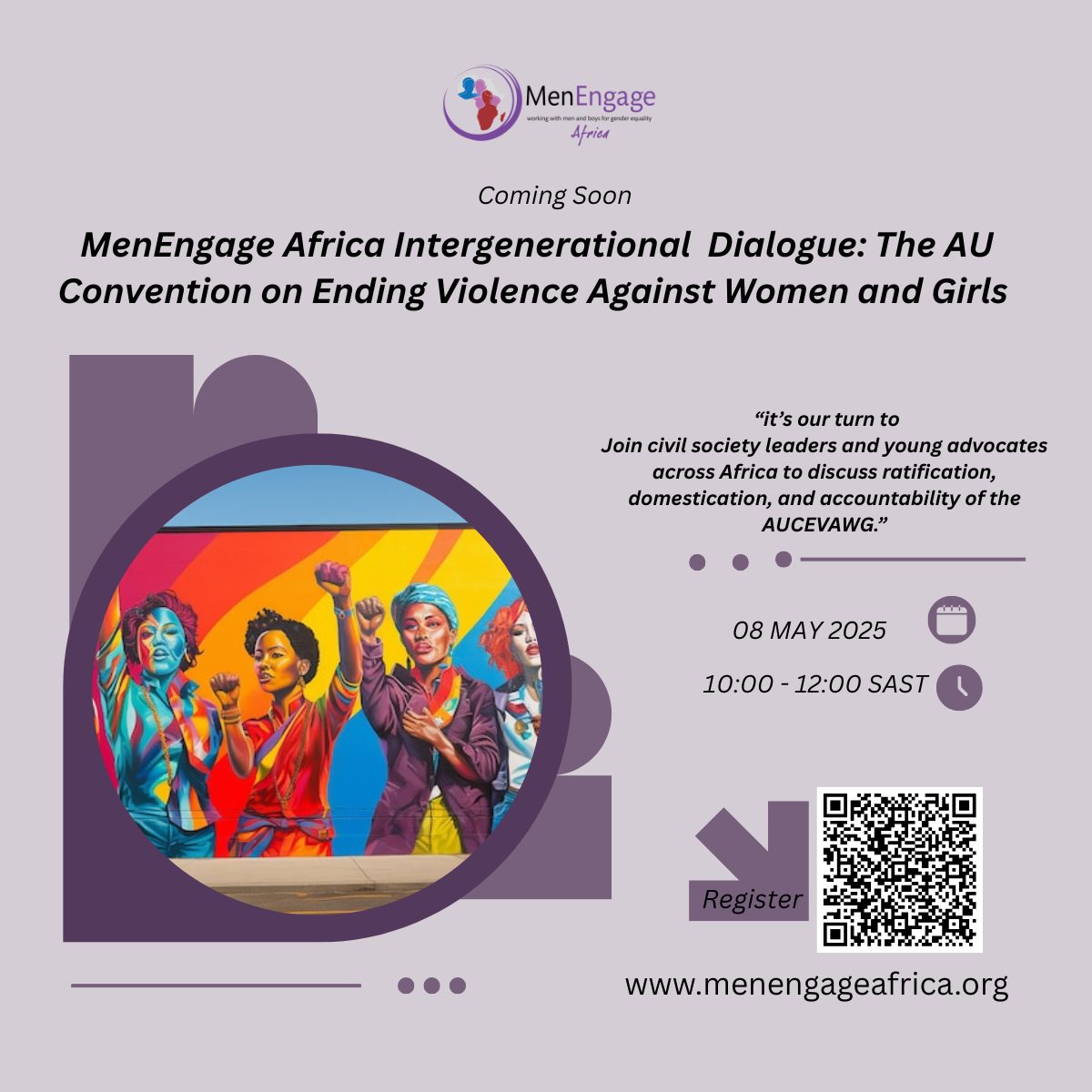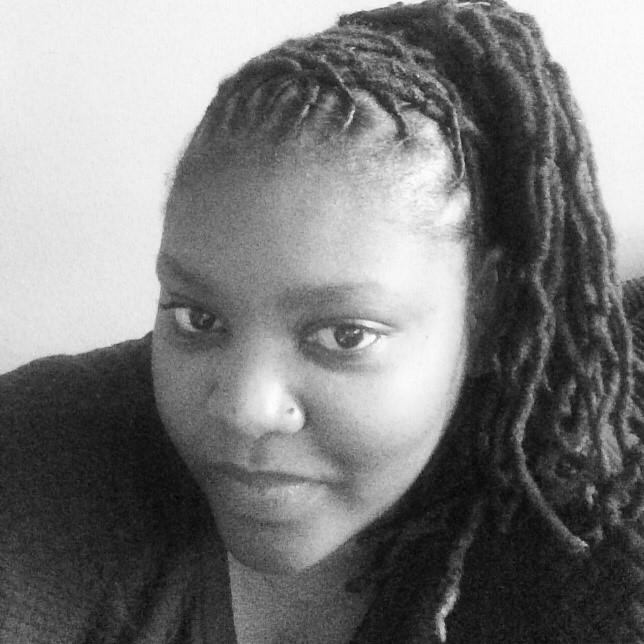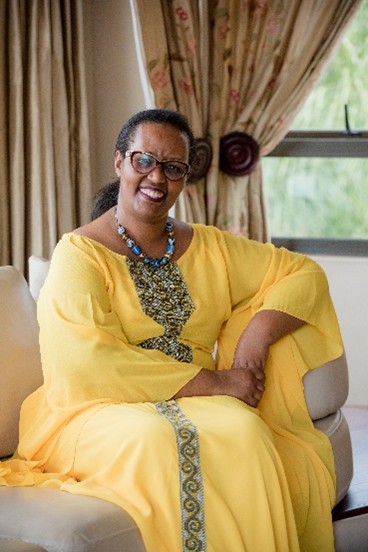
On 8 May, 10 AM-12:000 SAST, MenEngage Africa will host an online intergenerational dialogue to discuss the recently adopted African Union Convention on Ending Violence Against Women and Girls (AUCEVAWG); how the civil society can contribute to its ratification and domestication, opportunities and advocacy entry points.
Register and Participate using this link : https://bit.ly/42GlN6u
This dialogue, Advancing the African Union Convention on Ending Violence Against Women and Girls (AUCEVAWG): Strategies for Civil Society Advocacy on Ratification and Domestication, is an aftermath of a decision during the 2023 AU Summit by African Union heads of states and governments to intensify the fight against violence experienced by women and girls . In February 2024, they reaffirmed their commitment to finalising the negotiations and submitting a draft for adoption by February 2025. The AUCEVAWG , a historic milestone in the AU’s commitment to gender justice, reinforces the urgency of collective action to create a safer and more equitable future for women and girls. This convention seeks to
- Establish a legally binding framework for preventing and responding to violence against women and girls by addressing root causes, strengthening legal and institutional mechanisms, and promoting human rights, gender equality, and dignity.
- Ensure that State Parties adopt a unified approach to eliminating violence while fostering open discussions and advocacy on gender-based violence (GBV).
Why this Intergenerational Dialogue?
As the Africa regional network of the MenEngage Global Alliance, established in 2006 to promote gender equality by engaging men and boys in addressing violence, human rights, and social justice. The diverse membership of MenEngage Africa includes organisations advocating for women’s rights, LGBTQIA+ rights, HIV/AIDS prevention, youth and child rights, refugee and migrant rights, and broader social justice movements. MEA’s advocacy is rooted in international human rights laws and regional commitments, including CEDAW (the Convention on the Elimination of All Forms of Discrimination Against Women), the UN Convention on the Rights of the Child, the Beijing Platform for Action (1995), the African Commission on Human and Peoples’ Rights, and the SADC Gender Protocol. Additionally, MEA aligns its work with key MenEngage Alliance declarations, such as the Rio Declaration (2009), Johannesburg Declaration (2009), Delhi Declaration (2014), and Maputo Declaration (2018), reinforcing its commitment to gender justice and social transformation across Africa.
It is against this backdrop that MEA will conduct an online intergenerational dialogue to discuss the recently adopted African Union Convention on Ending Violence Against Women and Girls (AUCEVAWG); The dialogue will tackle the role of civil society and areas of intervention through advocacy opportunities.
Objectives of the dialogue
- Create more awareness about the convention
- To understand the role that civil society can play in the adoption and implementation of the convention
- To anticipate opposition to the convention and how to counter it
- To create solidarity between young leaders and adults in the implementation of the convention
Expected Outcomes
- Increase understanding of the importance of the convention
- Commitment from civil society to support the implementation convention
- Contribute to improved intergenerational partnerships
Meet Our Speakers at the Dialogue
Hosted by MenEngage Africa, this intergenerational dialogue will feature speakers who have expert knowledge in advocacy , promoting gender equality and engaging in spaces to uphold human rights. These speakers will shed more light on the AUCEVAWG and exchange ideas on innovative ways for localisation of the convention.

As a first aider with the Togolese Red Cross, LANGUIE Béléyi Emilienne is the national youth focal point, representing youth across Togo and internationally. She is also a professional translator and interpreter. Emilienne prides herself on using her platform to be an activist on issues affecting young people, including but not limited to sexual and reproductive health and rights.

Rumbie Elizabeth Chidoori currently serves as the Regional Policy and Advocacy Coordinator at Sonke Gender Justice. Rumbie is a feminist and human rights activist with extensive experience in policy and advocacy work in the women’s rights sector at regional, national and international levels. She advocates for the implementation of legal instruments that protect women’s rights, actively engages in campaign work for vulnerable groups, and conducts rights education training for communities at the local level. She has written several submissions on policy matters and has published various articles in different media, including peer-reviewed journals. Rumbie holds a masters in human rights law & an LLB from the University of Fort Hare in South Africa.

Mamello Sejake is a queer intersectional feminist pleasure activist. They are the advocacy and communications lead at ATHENA Network, a global intersectional feminist network that advocates for gender equality and human rights at the centre of the global HIV response. They are the founder of Itsoeng, an LBQ-led feminist grassroots organisation that provides comprehensive sexuality education to LBQ people in South Africa; the deputy chairperson for the Sexual Reproductive Justice coalition and a volunteer at the Sex Workers Education and Advocacy Taskforce. Mamello is passionate about sexual reproductive health and rights, advocating for the rights of sex workers and pleasure-centred comprehensive sexuality education, with a particular interest in providing it to adolescent girls, young women and queer people in lower-income communities. They believe that pleasure is political and a birthright.

Spending twenty years within the UN, working with government and non- government actors on the African continent sharpened Mrs. Nzisabira skills on developing and interpreting policy. Her functions have also deepened her understanding of developmental choices and their subsequent human development and governance implications. Most of her work within the UN has been on understanding, planning, and programming for gender and development. She is now working with UN WOMEN as an African Regional Advisor on HIV, gender and social protection based in the Southern African multi country office, Pretoria, RSA
This dialogue constitutes one among activities of MenEngage Africa in promoting the cause of women’s rights and gender justice. Through technical support to partners, MEA networks work across the region to ensure the use of gender transformative approaches in addressing all forms of inequalities, including violence against women and girls.
Compiled by Eucharia Nkengafack and Ontlametse Raleru
